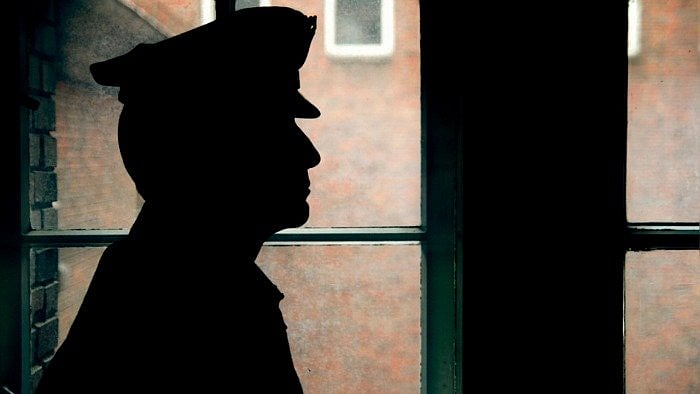
In nearly nine months since the Gujarat government implemented the Gujarat Land Grabbing (prohibition) Act 2020, the police have filed a record 345 FIRs against 1,178 persons under the stringent law.
The government said that it received 6,884 complaints related to land grabbing incidents, out of which 4,489 cases were investigated in which over 76.80 lakh square metres of land worth Rs 730 crore was found to be grabbed.
State revenue minister Kaushik Patel in a statement said that in 190 cases chargesheets have been filed before the concerned courts. He said the purpose of enactment of the new law is "eradicate the land grabbing elements of the poor middle class and small marginal farmers of the state." He said that over the last two decades, there has been a significant increase in the value of property and because of that "organized land mafias are resorting to violence, intimidation, fraud or betrayal to grab the valuable lands."
The Gujarat government brought the stringent anti land-grabbing law in December 2020 with provisions of 10 years of imprisonment, which can be extended up to 14 years. The provisions under this law are said to be the harshest in the country.
Under the law, violators will attract a penalty equivalent to 'jantri' or government rate of the land in question. Initially, the complaints are examined by a seven-member committee headed by the district collectors. After primary investigation, the committee decides whether a case is genuine or false. The committee hands over the genuine cases to concerned police for filing FIRs. The law also has provisions for special courts to be constituted in each district and resolve such cases in six months.
While bringing the new law, the Vijay Rupani-led government did away with the Special Investigation Team (SIT) which was set up during the time of former chief minister, and now prime minister Narendra Modi, to look into such cases. The new law has been challenged in the high court which has admitted the petition. The petitioners have contended that they have been booked for a land transaction that actually took place nearly 50 years ago.
They have argued that many of the provisions under the act such as amalgamation of civil and criminal law, setting up of special court and appointment of judges by state government, booking suspects in the cases even when the law was non-existent are "unconstitutional" and should be quashed.
